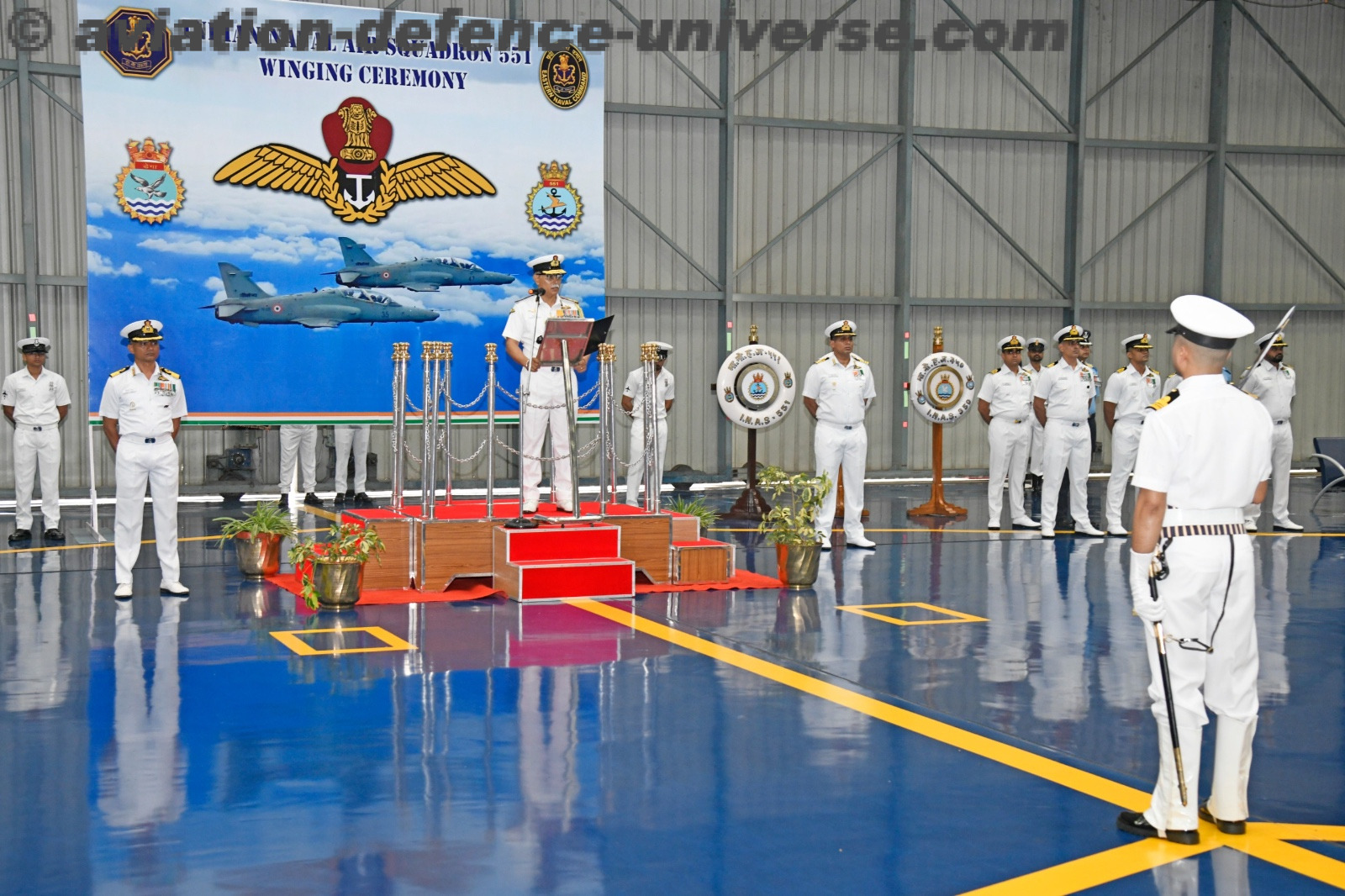
1140 – Song dynasty general Yue Fei defeats an army led by Jin dynasty general Wuzhu at the Battle of Yancheng during the Jin–Song Wars.
1192 – Minamoto no Yoritomo becomes Seii Tai Shōgun and the de facto ruler of Japan. (Traditional Japanese date: July 12, 1192)
1331 – King Stefan Uroš III, after months of anarchy, surrenders to his son and rival Stefan Dušan, who succeeds as King of Serbia.
1415 – Henry the Navigator leads Portuguese forces to victory over the Marinids at the Battle of Ceuta.
1680 – Pueblo Indians capture Santa Fe from the Spanish during the Pueblo Revolt.
1689 – The Battle of Dunkeld in Scotland.
1770 – James Cook formally claims eastern Australia for Great Britain, naming it New South Wales.
1772 – King Gustav III completes his coup d’état by adopting a new Constitution, ending half a century of parliamentary rule in Sweden and installing himself as an enlightened despot.
1778 – American Revolutionary War: British forces begin besieging the French outpost at Pondichéry.
1808 – Battle of Vimeiro: British and Portuguese forces led by General Arthur Wellesley defeat French force under Major-General Jean-Andoche Junot near the village of Vimeiro, Portugal, the first Anglo-Portuguese victory of the Peninsular War.
1810 – Jean-Baptiste Bernadotte, Marshal of France, is elected Crown Prince of Sweden by the Swedish Riksdag of the Estates.
1821 – Jarvis Island is discovered by the crew of the ship, Eliza Frances.
1831 – Nat Turner leads black slaves and free blacks in a rebellion in Southampton County, Virginia, which will claim the lives of 55-65 whites.
1852 – Tlingit Indians destroy Fort Selkirk, Yukon Territory.
1914 – World War I: The Battle of Charleroi, a successful German attack across the River Sambre which pre-empted a French offensive in the same area.
1918 – World War I: The Second Battle of the Somme begins.
1942 – World War II: The flag of Nazi Germany is installed atop the Mount Elbrus, the highest peak of the Caucasus mountain range.
1942 – World War II: The Guadalcanal Campaign: American forces defeat an attack by Imperial Japanese Army soldiers in the Battle of the Tenaru.
1944 – Dumbarton Oaks Conference, prelude to the United Nations, begins.
1944 – World War II: Canadian and Polish units capture the strategically important town of Falaise, Calvados, France.
1945 – Physicist Harry Daghlian is fatally irradiated in a criticality accident during an experiment with the Demon core at Los Alamos National Laboratory.
1957 – The Soviet Union successfully conducts a long-range test flight of the R-7 Semyorka, the first intercontinental ballistic missile.
1959 – United States President Dwight D. Eisenhower signs an executive order proclaiming Hawaii the 50th state of the union. Hawaii’s admission is currently commemorated by Hawaii Admission Day
1968 – James Anderson, Jr. posthumously receives the first Medal of Honor to be awarded to an African American U.S. Marine.
1976 – Operation Paul Bunyan at Panmunjom, South Korea.
1979 – Soviet dancer Alexander Godunov defects to the United States.
1982 – Lebanese Civil War: The first troops of a multinational force lands in Beirut to oversee the Palestine Liberation Organization’s withdrawal from Lebanon.
1983 – Philippine opposition leader Benigno Aquino, Jr. is assassinated at the Manila International Airport (now renamed Ninoy Aquino International Airport in his honor).
1991 – Latvia declares renewal of its full independence after the occupation of Soviet Union.
1991 – Coup attempt against Mikhail Gorbachev collapses.
1993 – NASA loses contact with the Mars Observer spacecraft.
2001 – NATO decides to send a peace-keeping force to the former Yugoslav Republic of Macedonia.
2013 – Hundreds of people are reported killed by chemical attacks in the Ghouta region of Syria.






















































































































